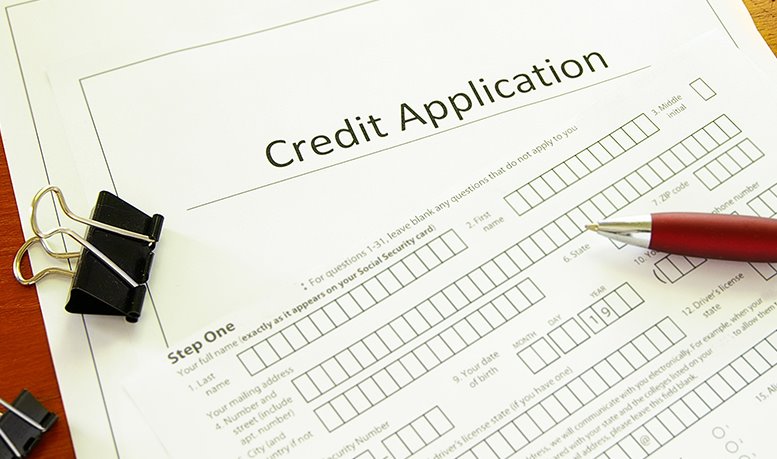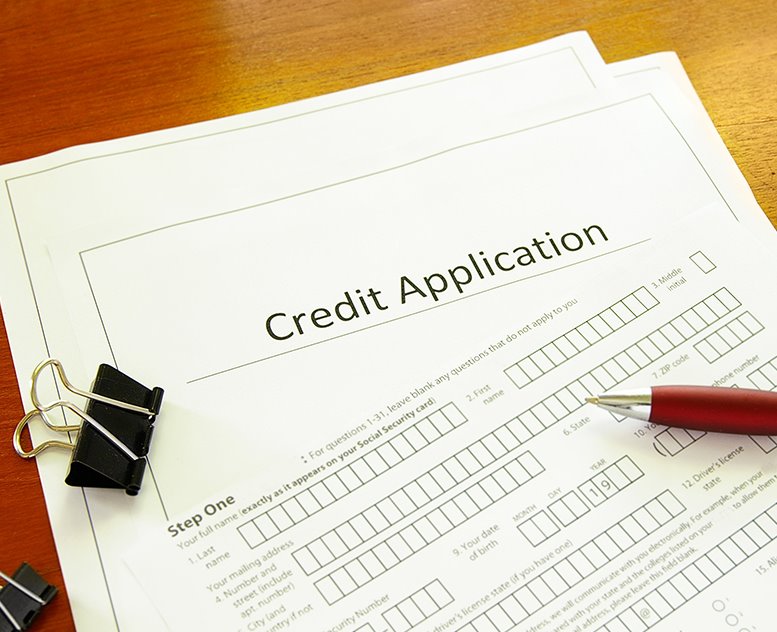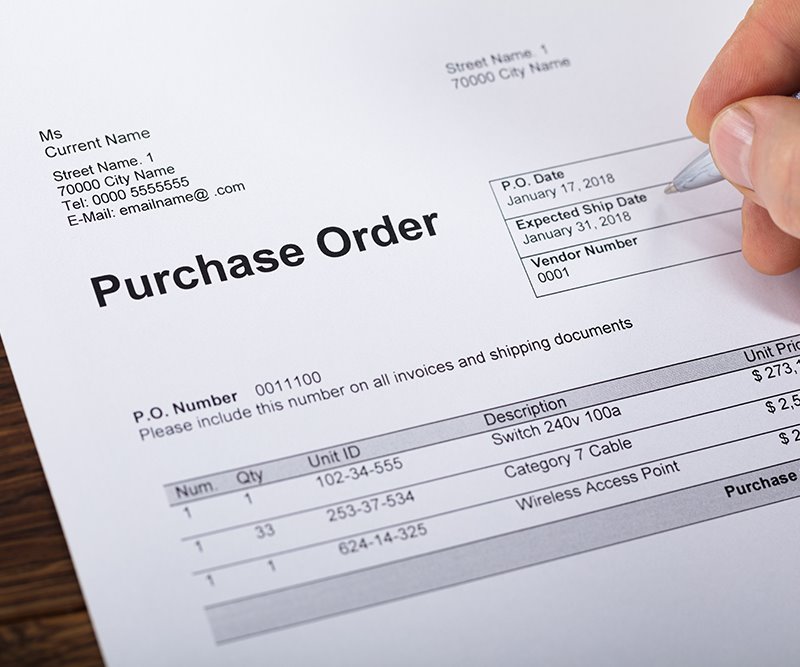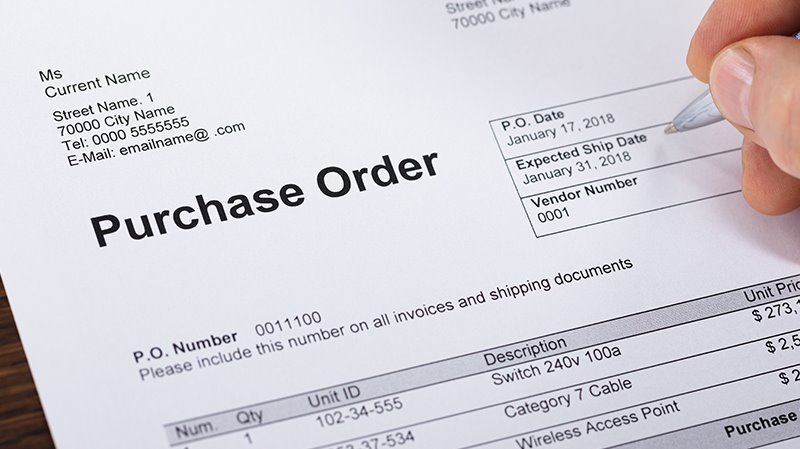6 Ways Creditors Can Minimize Risk and Improve Recovery
In these turbulent economic times, creditors need to protect their position and lessen the chance of bad debt write-offs. Thankfully, there are simple ways to do this before credit is even extended. Follow these six practical steps to minimize your risk and increase odds of recovery before accounts go delinquent.


Obtain a personal guaranty.

When dealing with a corporation, obtain a personal guaranty whenever possible. That way, even if the corporation goes out of business, you can still pursue any individuals who have signed. Have an attorney review your guaranty to make sure it will stand up in court. Ideally, it should be in a separate document. If the guaranty is part of a credit application, make sure it's in its own section, clearly marked and titled, so the person signing can't say they didn't know what they were signing. At a minimum, make room for a signature, current address and social security number.

Insist on a credit application.

Make sure your credit line is set up on your items and in writing with a credit application. If filled out correctly, this should clearly identify your customer and include important information such as:
- Credit and bank references
- Home addresses
- Phone numbers of the principals
- Legal composition
- And more.
This application will establish written terms (like default provisions, rate of interest and returned goods policies) which will help you in the long run. With a signed application in hand, you'll be equipped to combat any issues with an endorsed legal document.


Get social security numbers.

If your customer is an individual or partnership of individuals, obtain their social security number(s). The same applies to personal guarantors. A social security number enables a collection agency to make sure they are contacting the right party, the exact person or people with whom you did business. Without it, it's more difficult to track these individuals if the business closes. Prepare for the worst before it happens by getting social security numbers up front.

Keep good records.

This can't be over-emphasized. Be sure to meticulously maintain notations or memos about communications with your customer and keep copies of written correspondence covering payment commitments or other acknowledgements of debt. This way, if a dispute is ever raised by your customer, the collection agency can ask them to outline the particulars of the dispute in writing – which can be compared to your own records. The result? It can be easily determined whether there is an actual dispute or if your customer is just making excuses to avoid payment.


Request purchase orders on custom letterhead.


Have your customers submit either written purchase orders on their personal letterhead or something similar to prove they actually ordered the product. This letterhead or document should include important details such as:
- Name and title of customer
- Delivery terms
- Price
- Order quantities
- Shipping terms
- Any other obligations and conditions
You may be surprised to find how many customers will claim they've never heard of your company and never ordered anything from you once the collection agency gets involved. Have written proof to back up your accounts with purchase orders or similar documents from your customer.

Get proof of shipment delivery.

If you notice an account becoming past due, get proof of delivery on shipments before records are too old or become unobtainable. Many debtors, especially on accounts with older charges, will try to get out of paying by telling the collection agency that they never received their goods. If you have proof of delivery, this defense can easily be refuted.

View ASI's Business Savings Program for more info.
CST Co.
To learn more, visit cstcoinc.com, call (800) 626-5873 or email louisville@cstcoinc.com.
